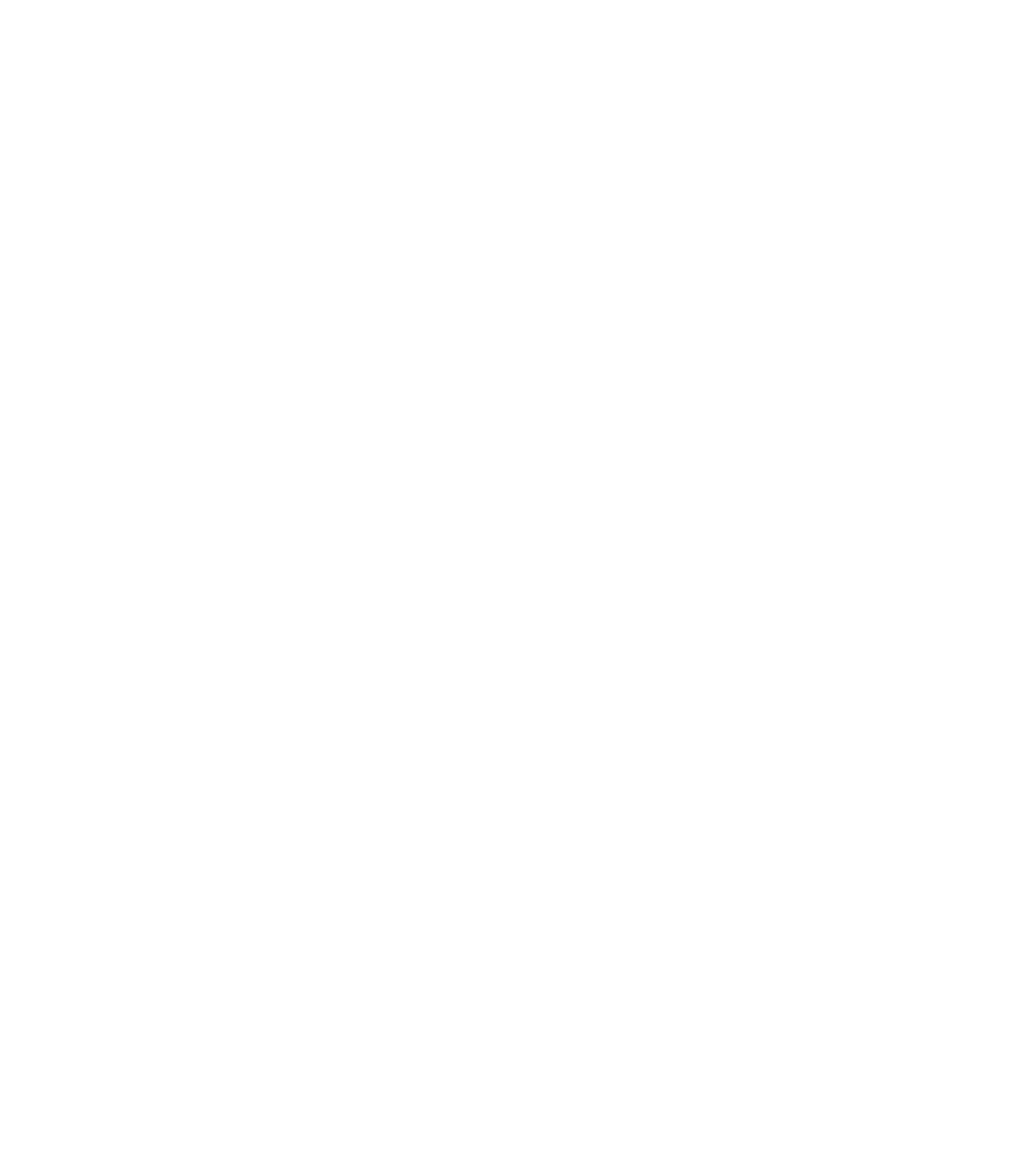Functional depression, also known as high-functioning depression or dysthymia, is a milder but chronic form of depression that can impact daily life. Recognizing the symptoms of functional depression is crucial to seeking appropriate help and support. In this article, we will discuss coping strategies and self-care tips for managing the symptoms of functional depression and improving overall mental health.
Symptoms of Functional Depression
What is Functional Depression?
Functional depression is a persistent depressive disorder characterized by a low mood that lasts for at least two years. Unlike major depressive disorder, people with functional depression can often maintain their daily routines and responsibilities but still experience emotional and physical discomfort.Common Symptoms of Functional Depression
- Persistent sadness or low mood
- Fatigue and lack of energy
- Difficulty concentrating and making decisions
- Irritability and mood swings
- Sleep disturbances
- Appetite changes
Coping Strategies for Living with Symptoms of Functional Depression
Seeking Professional Help
- Consult a mental health counselor: If you suspect you may be experiencing functional depression, it's essential to consult a mental health professional for an accurate diagnosis and appropriate treatment options.
- Types of therapy: Cognitive-behavioral therapy (CBT), psychodynamic therapy, and interpersonal therapy are common treatment options for functional depression.
Building a Support System
- Family and friends: Share your feelings and experiences with trusted family members and friends. They can provide emotional support, understanding, and encouragement.
- Join support groups: Participating in support groups for individuals experiencing depression can provide a sense of belonging and an opportunity to learn from others' experiences.
Developing Healthy Coping Mechanisms
- Engage in physical activity: Regular exercise can help alleviate symptoms of functional depression by releasing endorphins and improving mood.
- Practice mindfulness and relaxation techniques: Techniques such as deep breathing, progressive muscle relaxation, and meditation can help manage stress and improve emotional well-being.
- Utilize creative outlets: Engaging in creative activities such as writing, painting, or playing music can be therapeutic and provide a means of self-expression.
Self-Care Tips for Managing Symptoms of Functional Depression
Prioritizing Sleep
- Establish a regular sleep schedule: Going to bed and waking up at consistent times can help regulate your sleep cycle and improve sleep quality.
- Create a sleep-friendly environment: Make your bedroom a relaxing space by eliminating distractions, keeping the room cool and dark, and investing in a comfortable mattress and pillows.
Maintaining a Balanced Diet
- Importance of proper nutrition for mental health: Consuming a well-balanced diet rich in fruits, vegetables, whole grains, lean proteins, and healthy fats can positively impact mental health and help manage symptoms of functional depression.
- Foods to include and avoid: Incorporate foods rich in omega-3 fatty acids, vitamin B12, and folic acid, such as fish, leafy greens, and whole grains, and limit processed foods, refined sugars, and excessive caffeine intake.
Staying Socially Connected
- Engage in social activities: Participating in social events or joining clubs and organizations can help foster connections and reduce feelings of isolation.
- Connect with others who share similar experiences: Building relationships with others who understand the challenges of living with functional depression can provide valuable support and encouragement.
Setting Realistic Goals and Expectations
- Break tasks into smaller steps: Instead of focusing on large, overwhelming tasks, break them down into more manageable steps to make them feel more achievable and reduce stress.
- Celebrate small victories: Acknowledge and celebrate your accomplishments, no matter how small they may seem. This practice can help boost your self-esteem and motivate you to continue working towards your goals.
